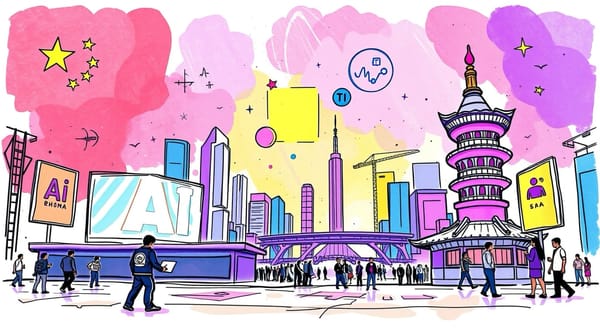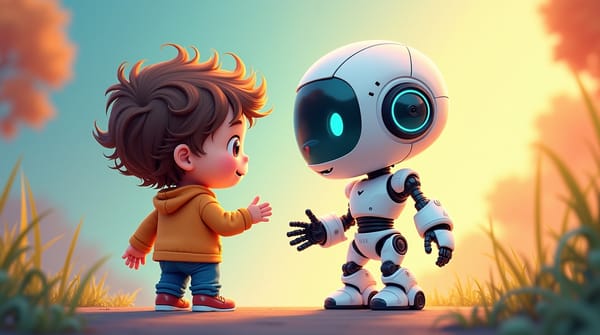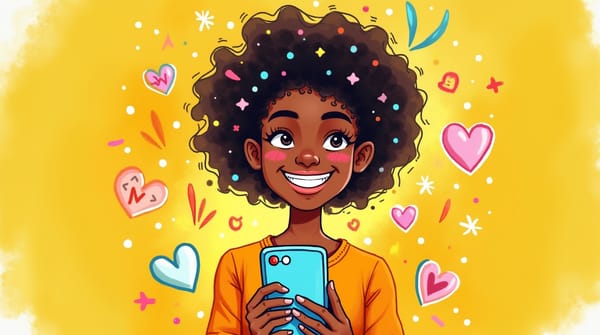The Loneliness Epedimic: What Can Be Done?
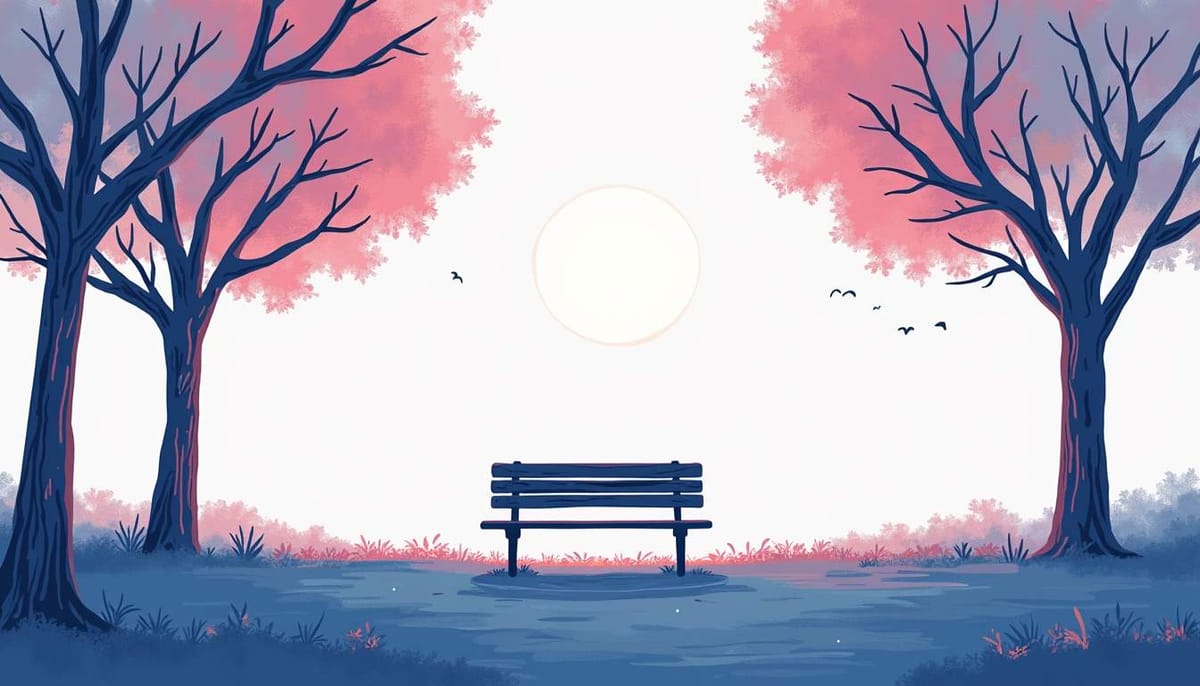
Welcome, dear reader! Grab a cup of tea, make yourself cozy, and let’s dive into a conversation that has been bubbling beneath the surface of our social lives. Yes, we’re talking about the loneliness epidemic! A situation so endemic that it feels like it's gone viral, but trust me, it’s not the kind of viral one desires.

It’s fascinating—and quite alarming—to think that in this hyper-connected world, many folks feel isolated. Have you ever been in a room full of people but still felt like you were on a deserted island? Well, you’re not alone. In fact, you might just be among millions.
Recent studies have shown that loneliness can have profound effects on
both mental and physical health. It’s not just a fleeting feeling;
chronic loneliness can lead to serious issues such as depression,
anxiety, and even cardiovascular diseases. The irony lies in the fact
that while technology has made it easier to connect with others, it has
also created a paradox where superficial interactions often replace
deeper, more meaningful relationships. Social media platforms, while
they can foster connections, can also amplify feelings of inadequacy and
isolation when we compare our lives to the curated highlights of
others.
Moreover, the pandemic has only intensified this crisis, as lockdowns and social distancing measures forced many to retreat into solitude. The absence of face-to-face interactions has left a void that virtual meetings and chats struggle to fill. Communities that once thrived on social gatherings have seen a decline in participation, leading to a sense of disconnection that lingers long after restrictions have eased. Understanding the roots of this loneliness epidemic is crucial, as it opens the door to exploring solutions that can help restore our sense of belonging and community.
What is the Loneliness Epidemic
So, what exactly do we mean by the loneliness epidemic? Simply put, loneliness is that awful feeling of being alone, regardless of how many people are around you. It’s when your social circles are more like a hula hoop—no real depth or connection, just a circle that spins aimlessly.
The World Health Organization snuck a peek at the stats and found that loneliness has become a public health crisis! Yes, you heard that right. It can have effects similar to smoking 15 cigarettes a day. Scary, isn’t it?
From teenagers lost in the scroll of their smartphones to the elderly folks wishing for a chat, loneliness doesn’t discriminate. It seems to affect everyone with alarming prowess, which is why it’s become an epidemic of sorts.
Research indicates that the rise of social media, while intended to connect us, often exacerbates feelings of isolation. Users may find themselves comparing their lives to the curated highlights of others, leading to a false sense of inadequacy and disconnection. This paradox of being "connected" yet feeling more alone than ever has sparked discussions among psychologists and sociologists alike, who are exploring the intricate relationship between digital interactions and emotional well-being.
Moreover, the impact of loneliness extends beyond emotional distress; it can manifest physically, leading to a range of health issues such as heart disease, depression, and even cognitive decline. Studies have shown that individuals who report feeling lonely have a higher risk of mortality, underscoring the urgent need to address this growing concern. Communities and organizations are now actively seeking ways to foster genuine connections, whether through local events, support groups, or initiatives aimed at bridging generational gaps, highlighting the importance of human interaction in maintaining our overall health.
Understanding the Roots of Loneliness
Ah, the roots! Much like a tree, understanding loneliness requires a good look at what might be feeding it. Many factors contribute to this feeling—social, emotional, and sometimes even biological.
First and foremost, we have our good ol' friend, social media. Yes, it’s a double-edged sword! While it connects people worldwide, it often leaves us feeling more isolated than ever. It's all too easy to slide into the comparison trap, where everyone else seems to be living their best lives while you’re stuck in your jammies watching reruns of your favorite show. The curated lives we see online can distort our perception of reality, leading us to believe that everyone else is thriving while we’re merely surviving. This illusion can create a vicious cycle of envy and self-doubt, further deepening feelings of loneliness.
Then, there’s the significant life changes that can prompt loss of social connection. Moving to a new town? Check. Experiencing a breakup? Ugh, check. Losing a loved one? Oh no, check check! These moments can place a wedge between us and the connections we cherish and rely on. The emotional toll of such transitions can be overwhelming, leaving us grappling with not just the loss itself but also the absence of familiar support systems. In these instances, it’s common to withdraw further, as the fear of reaching out can feel insurmountable. The irony is that during these times, we often need connection the most, yet it can feel like the hardest thing to pursue.
Additionally, let’s not overlook the impact of our fast-paced, modern lifestyles. Many people find themselves caught in the whirlwind of work, responsibilities, and endless to-do lists, leaving little room for meaningful interactions. The hustle culture glorifies busyness, often at the expense of personal relationships. When we prioritize productivity over connection, we risk isolating ourselves even further. It’s not uncommon to hear someone say they’re too busy to catch up with friends or family, but this busyness can create a false sense of fulfillment that ultimately leads to a deeper sense of loneliness. Finding time for genuine interactions, even in small doses, can be a crucial step in combating these feelings.
The Impact of Social Media on Connection
Let’s take a closer look at that shiny gadget most of us can’t live without: the smartphone. It is a powerful tool that links us to the world, yet its impact on our personal relationships can be troubling.
Scrolling through the perfectly curated feeds, we often feel the pinch of disconnection. According to a study by the Pew Research Center, heavy social media users have an increased risk of loneliness. But can you blame them? It can feel like a buffet of FOMO (fear of missing out) where everyone is feasting on friendships while you’re left with crumbs!
Of course, social media isn’t all doom and gloom! It can help maintain long-distance relationships or reconnect with old friends. However, fostering genuine connection still requires some old-fashioned effort—think face-to-face conversations over Zoom calls or good ol' telephone chats.
Strategies for Building Meaningful Relationships
So, how do we combat this loneliness epidemic? Fear not! There are ways to break the cycle. Building meaningful relationships is all about making delicious, soul-satisfying connections. Here are a few strategies to sprinkle into your life:
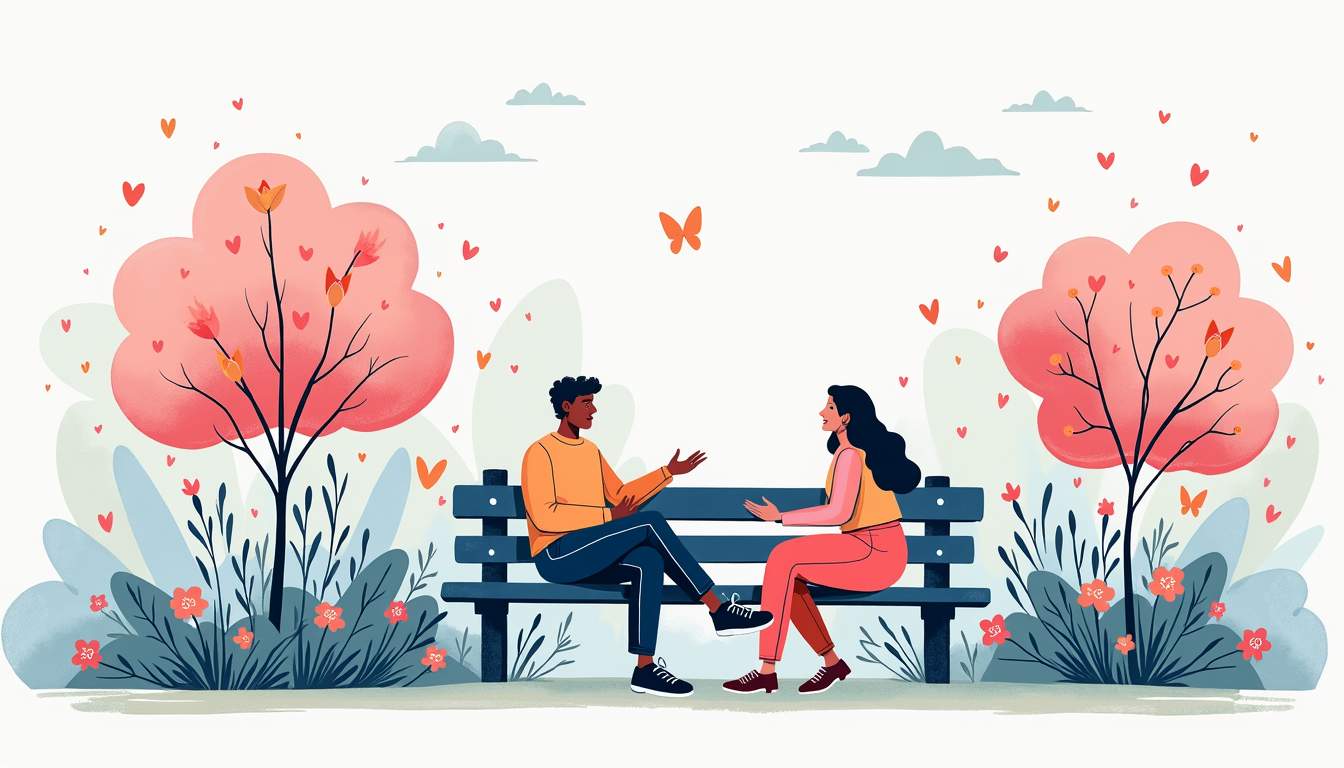
- Join a Club or Group: Whether it's book clubs, pottery
classes, or a neighborhood walking group, immersing yourself in shared
interests leads to organic friendships. - Volunteer: Helping others can create bonds that turn into lasting friendships. Plus, you’ll get that warm fuzzy feeling!
- Be Authentic: Open up, share your experiences, and don’t be afraid to be yourself. The right connections will appreciate you for it!
Remember, like a garden, friendships need nurturing. Put in the effort, and it will be worth every ounce of energy spent!
How Technology Can Foster Connection
Okay, let’s flip the script on technology for a moment. Yes, we’ve established that it can have a dark side when it comes to loneliness, but have you ever thought about how it can be an ally too?
There are various apps and online platforms designed to foster genuine connections—think of Meetup, Bumble BFF, or even social gaming platforms! These can lead you to like-minded souls who are also searching for friendship.
Also, consider a little self-care through technology. Meditation apps and online therapy options can pave the way to understanding your feelings of loneliness better. Remember, introspection is key to fighting loneliness enormously!
Mental Health Implications of Loneliness
Ah, mental health—the unshakeable sidekick of loneliness. The two are intertwined like spaghetti strands in a bowl! Continued loneliness can lead to anxiety and depression, creating a vicious cycle that feels never-ending.
Not only that, but it can also affect your physical health, leading to weakened immune systems and chronic disease. This is why addressing feelings of loneliness is not just about social connections but treating the whole person.
Talking about mental health shouldn't feel like a taboo subject. Seeking help is a brave step! Whether it’s a professional or confiding in a close friend, there’s strength in sharing and not carrying that heavy burden alone.
Conclusion
So there you have it, folks! The loneliness epidemic is complex, but it’s not unbeatable. By understanding its roots, acknowledging the impact of technology, and actively seeking and nurturing meaningful connections, we can begin to cultivate a life filled with relationships that flourish.
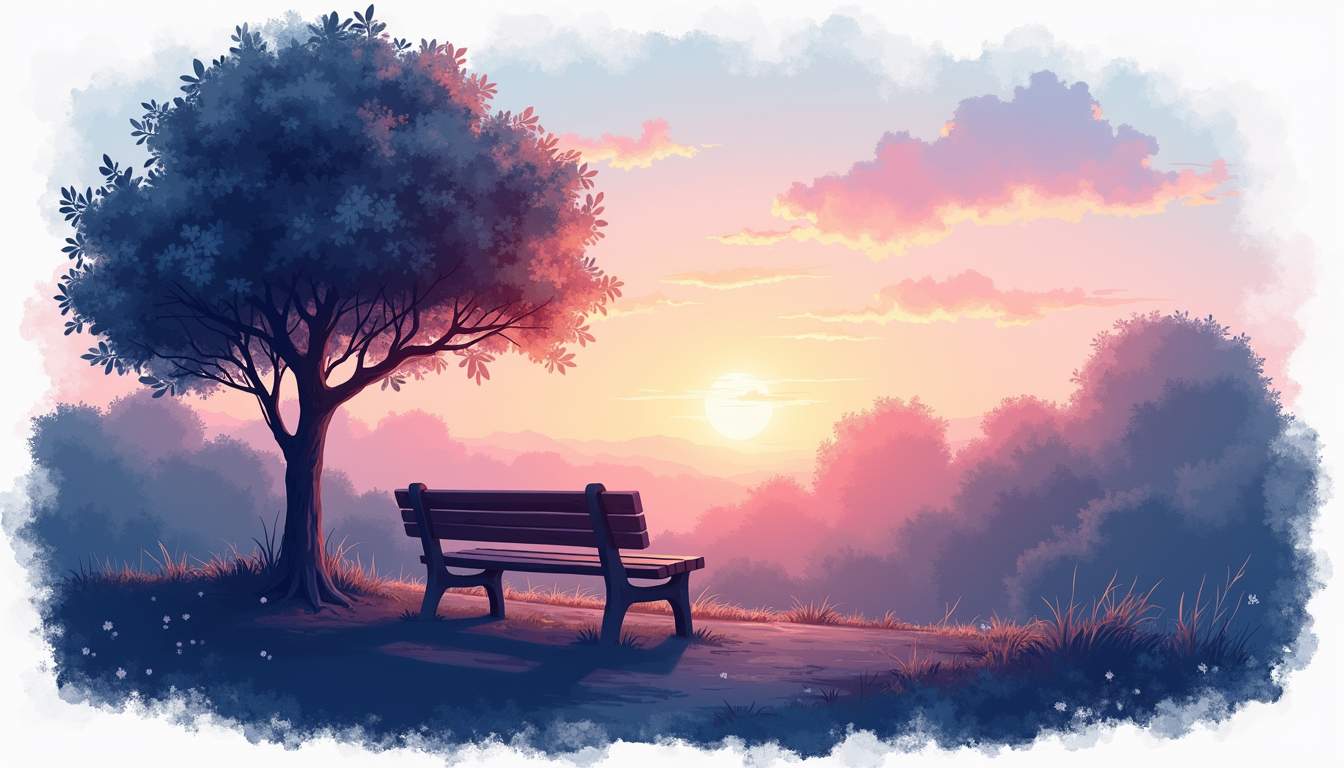
Remember, it’s okay to feel lonely sometimes. You are not alone in this massive world! With some effort and curiosity, you can form warm connections, sprinkle joy, and who knows? You might find someone lit from the same spark as you!
Together, let’s challenge the loneliness epidemic and transform it into a community driven by support, love, and laughter. Because, at the end of the day, who doesn’t want to share some giggles with a friend?

